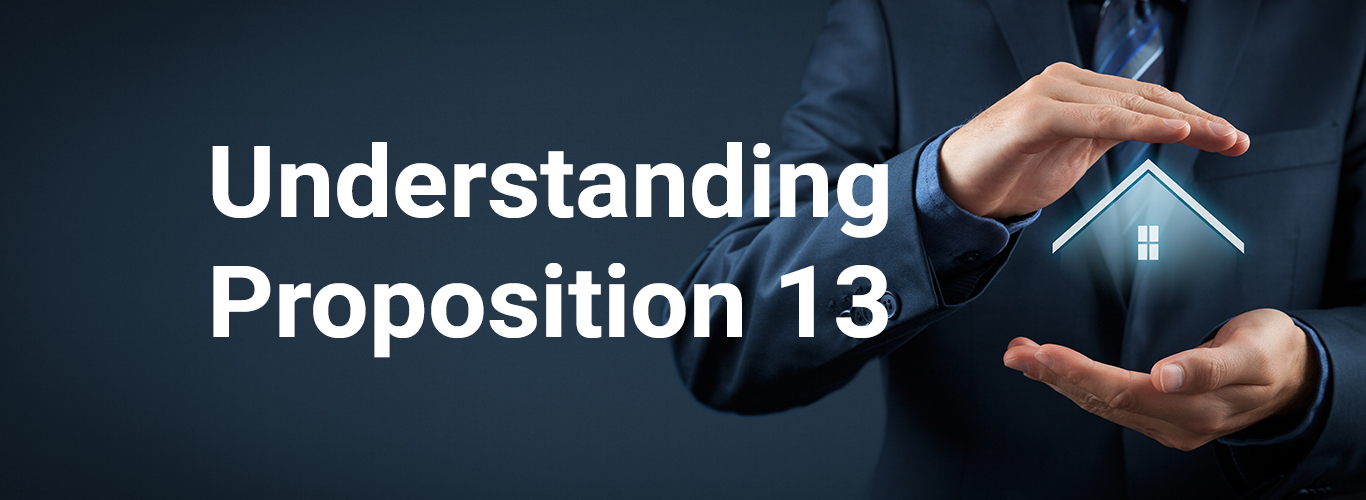All businesses, under certain circumstances, are required by California State Law to annually report (via the Business Property Statement, Form 571) the acquisition cost of their business personal property (i.e. equipment, furniture, computers, etc.) and improvements (i.e. leasehold/tenant improvements, trade fixtures etc.) to the Assessor and are responsible for the potential taxes on that property. The State Constitution says ALL property is subject to property tax. Most people are familiar with the property taxes on their home. Similarly the assets of businesses are subject to assessment. Our goal is to inform and assist you with business property taxation matters in your efforts to operate a successful business in Santa Clara County.
New Businesses
FAQ ![]() New Business Questionnaire
New Business Questionnaire
New Business Owner Informational Brochure
To help us determine whether or not you have assessable business assets and should receive a Business Property Statement (Form 571) for the current year and annually in the future, please complete and return the questionnaire.
Existing Businesses
Business property owners must file a Business Property Statement (Form 571) each year detailing the cost of all supplies, equipment, improvements and land owned at each location within Santa Clara County. A one page letter is sent on December 31 with filing instructions, your account number and BIN. If you have not received this one page invitation to file and you have taxable personal property with a total acquisition cost of $100,000 or more located within Santa Clara County as of January 1st., you must still file a business property statement. Statements are due on April 1. If Date falls on Saturday, Sunday or Legal Holiday, mail postmarked on the next business day shall be deemed on time.
Businesses that FAIL to File their Property Statement
Like the Internal Revenue Service and other authorities, when a business fails to return a property statement, the Assessor has the authority and responsibility to both determine the assessed value of a company’s assets and equipment using the best information available and levy a 10 percent penalty.
Business property statements are due on April 1 and are delinquent, and incur a penalty, if not filed by May 7. The Assessor must process the information by July 1 when the assessment roll is delivered to the Tax Collector. The Tax Collector issues the tax bill for unsecured business personal property accounts, which are due no later than August 31.
Santa Clara County has a low value ordinance that permits the Assessor to exclude business property assessments of less than $5,000 when the cost of assessment and tax collection exceed the taxes that would have been collected. Regardless of this ordinance, property owners that receive a business property statement from the Assessor are required to complete and return the statement. In addition, businesses with assets of more than $100,000 are required to file a statement regardless of whether or not the Assessor mailed one to them.
Returning the property statement to the Assessor after the May 7 deadline will NOT be sufficient to correct an assessment and avoid the penalty. To be considered for a correction the Taxpayer should prepare and submit to the Assessor’s Office the documents requested below. It should be noted that even if the Assessor agrees to a correction to the original assessed value, businesses must pay the original tax bill no later than August 31 or be subject to further penalties from the Tax Collector’s Office.
There are three ways to file the Business Property Statements: standard paper filing, e-filing your statement via the internet or electronic standard data record (SDR).
Lessee-owned improvements or Tenant improvements;
Owners of real property who lease their property to others are known as lessors. The person to whom the property is leased is known as the lessee. The usual lease is of a home, office building or office space, warehouse or other developed property to one or more lessees who occupy and use the structural improvements on the property. However, in some vacant land leases, the lessee builds a structure and those improvements remain the property of the lessee during the term of the lease.
Private Business on Government Property (Convention Center, etc.)
Private businesses on public properties, under certain circumstances, are assessed and subject to property taxation. For assessment purposes, these businesses are referred to as Possessory Interests and occurs when there is possession or the right to possession of real estate and fee title is held by a tax exempt public agency.
The definition of a taxable possessory interest under California Law is as follows:
The term "possessory interest" as it is used for property taxation purposes in California includes either the possession or the right to possession of real estate whose fee title is held by a tax exempt public agency.
Examples of possessory interests include, the right to graze livestock on public lands, the possession of public property at an airport such as an airplane hanger or a car rental company counter and service facilities, a booth at a convention center or a concession stand at a fairgrounds.
Regardless of the type of document evidencing the right to possession, a taxable possessory interest exists whenever a private person or persons have the exclusive right to a beneficial use of tax exempt publicly owned real property. The fact that only verbal agreements have been made and that no written document exists does not mean that a taxable possessory interest does not exist.
TEMPORARY RELIEF PROGRAMS
Allows property owners, under certain circumstances, to temporarily reduce the assessed value when the market value of their property drops below the assessed value.
| Property damaged by misfortune or calamity | Sect. 170 | FAQ | ||
| Temporary relief when the market declines below assessed value | Prop 8 | FAQ |
TRANSFERRING YOUR PROPOSITION 13 VALUES
Propositions 58 and 193 were adopted by California voters to allow property owners to transfer Prop. 13 factored base year values or to exclude certain events from reassessment. Both laws sunset on February 15, 2021. If you qualify, you must submit a completed claim form to receive these tax-savings benefits.
Please be advised that on November 3, 2020 voters approved Proposition 19 (Home Protection for Seniors, Severely Disabled, Families and Victims of Wildfire or Natural Disasters Act), which makes sweeping changes to a property owner’s ability to transfer their Proposition 13 Assessed Value. It also may change the process for claiming exclusions. On February 15, 2021 both laws are replaced by Proposition 19, which significantly narrows potential property tax benefits. The most current information about the implementation of the law is available at Proposition 19
The following propositions were adopted by California voters to allow property owners to transfer Prop. 13 factored base year values or to exclude certain events from reassessment. If you qualify, you must submit a completed claim form to receive these tax-savings benefits.
| Parent-Child Transfer | Prop. 58 | FAQ | ||
| Grandparent-Grandchild Transfer | Prop. 193 | FAQ | ||
| Property Substantially Damaged By Governor declared Disaster | Prop. 50 (sect. 69) | |||
| Contaminated Property - Unusable | Prop. 1 | |||
| Property Taken by Government Action (Eminent Domain) | Prop. 3 |
Tax Relief for Small Business Owners
Where state law allows, the Assessor’s Office has regularly sought out efforts to eliminate property taxes for those businesses where the cost to assess and collect property taxes exceeds the property tax revenue generated.
In 2016, the Assessor’s Office recommended, and the Board of Supervisors passed, a “too low to value” ordinance permitting the Assessor’s Office to exclude business personal property assessed at $10,000 or less in assessed value, eliminating the ad valorem property taxes, providing tax relief for small business owners.
As part of a continuous effort to seek out increased efficiencies, the Assessor’s Office conducted a formal cost study that demonstrated that the Assessor, Tax Collector and Controller’s total cost to assess and collect diminumus assessments of $10,000 or less, exceeds the $100 in property tax revenue that would have been generated from the assessment.
Typically these are small businesses with machinery, office furniture, computers and other equipment with a total assessed value below $10,000. State law caps the amount the assessor can exclude to $10,000 in assessed value.
While business property owners must continue to file a Business Property Statement (Form 571) each year detailing the cost of all supplies, equipment, improvements and land owned at each location within Santa Clara County, they will not have to pay the tax if the assessed value of their property is less than $10,000. Many businesses file on-line in less than 15 minutes and, if a business meets the less than $10,000 threshold, they will not receive a tax bill.
The “too low to value” ordinance that passed in 2016 applied to real properties with $5,000 or less in assessed value, as well as business owners with machinery and equipment and businesses on government property. Combined, it was estimated that the annual cost to assess and collect these low value properties was approximately $1,895,000, which was far in excess of the projected property tax revenue of $602,000. Every employee in the Assessor’s Office uses daily a cost accounting system which enabled the Assessor’s Office to provide the Board of Supervisors with these estimates. Additionally, the Assessor’s Office will be able to reallocate an estimated 11,000 hours towards more complicated assessments and customer service.
Related Articles:
Attachments



